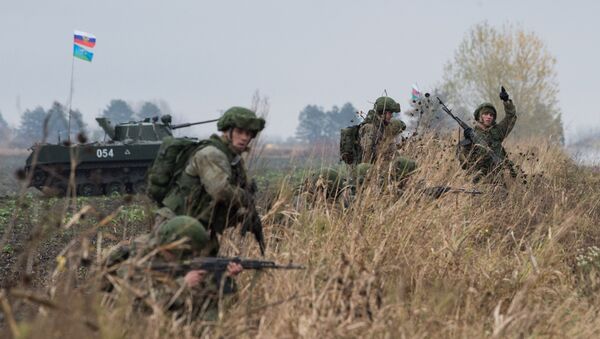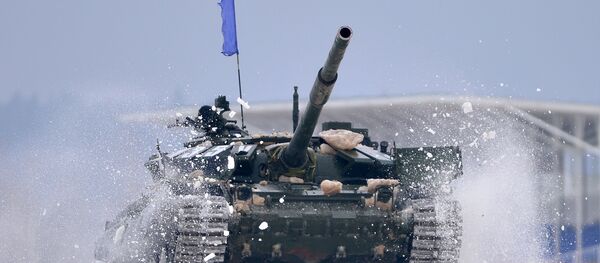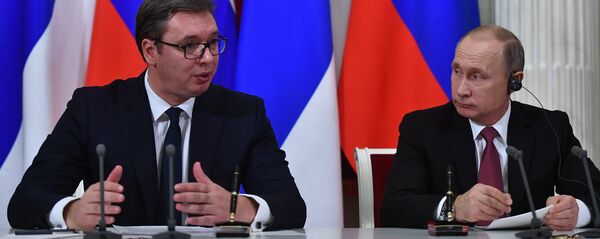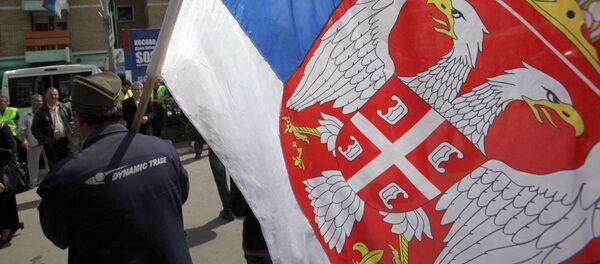According to Balkan media, the Pentagon's report to Congress will likely contain a detailed list of Russian military equipment received by the three countries since 2012, information about joint exercises, and on any security agreements signed between Russia on the one hand and the three non-NATO member Balkan countries on the other.
For her part, Sputnik Serbia contributor Mira Kankaras Trklja noted that for the most part, the report will likely focus on Russia's cooperation with Serbia, the largest and militarily most powerful Balkan state. After all, the journalist noted, it's Serbia, and not Bosnia or Macedonia, that's getting supplies of Russian MiG-29 fighters, T-72C main battle tanks and BRDM-2 amphibious armored scout vehicles. And it's not those countries that stage regular joint military drills with Russia.
Probably the only issue of any real concern for Washington is likely Serbia's efforts to receive access to modern Russian air defense systems. While no deals were officially discussed during the meeting between Presidents Putin and Vucic in Moscow earlier this month, Serbian military observers and the Serbian president himself have voiced their interest in systems including Buk, the S-300 and the Pantsir-S1.
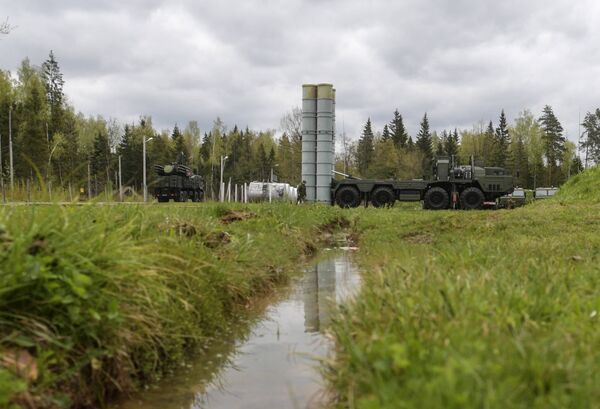
With these considerations in mind, Mitar Kovac, a retired Serbian major-general and professor at the Serbian Military Academy, believes that the Congressional report's main objective is to intimidate the non-bloc Balkan states.
"Today, the US perceives the Balkans as a region where they have unfinished business, and are looking in any way possible to reduce Russia's influence in the region," Kovac said, speaking to Sputnik Serbia. Accordingly, the military observer noted, Washington is publically declaring their intention to 'closely monitor' the Balkan countries' ties with Russia, particularly after Montenegro's accession to the alliance.
In fact, the retired officer noted, Belgrade would actually benefit from increasing its military cooperation with Moscow, to balance that which it already has with NATO. "There is a NATO mission in Belgrade, but it would be good to open a Collective Security Treaty Organization [CSTO] mission there as well. Then we could talk about achieving a level of neutrality sufficient for us to be equally open to both the West and the East," he said.
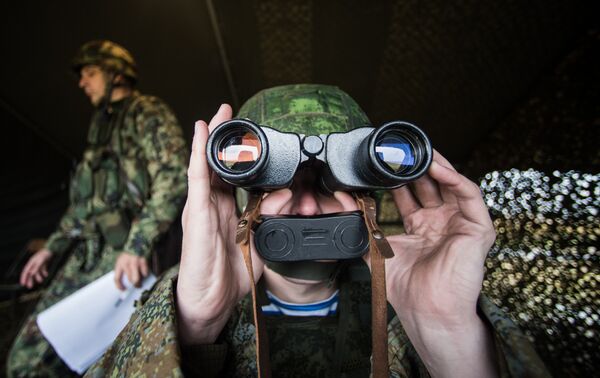
"They can influence processes for the provision of financial or other assistance, using the IMF, the World Bank and other financial institutions," the observer explained. However, Washington's carrot and stick resources are not limitless, and it "can't stop the global trend of accelerated development of relations with states like Russia and China," according to Jovanovic.
Ultimately, the diplomat argued that Washington's efforts will only provide non-aligned European countries with more reasons to pursue an independent foreign policy. "In fact, the US is pushing these countries into developing closer relations with states which Washington considers rivals or adversaries. Such a policy will return to the US like a boomerang," Jovanovic concluded.
